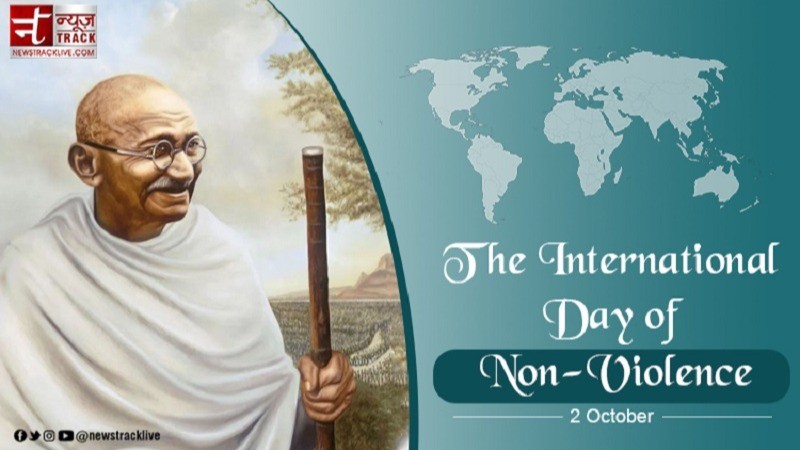
Each year, on October 2nd, the world celebrates the International Day of Non-Violence, a day that coincides with the birth anniversary of Mahatma Gandhi, the globally revered leader of India's independence movement. Established by the United Nations in 2007, this day pays homage to the powerful legacy of Gandhi’s philosophy of non-violent resistance, or ahimsa. It serves as a reminder of the impact peaceful resistance can have in addressing global issues, fostering harmony, and securing justice.
The Significance of Non-Violence in Today's World
In a world marked by political conflicts, social injustices, and rising violence, Gandhi’s vision of peace through non-violence remains more relevant than ever. His concept of ahimsa calls for the active resistance of oppression without resorting to violence, promoting peaceful protest as the means to achieve societal change. This philosophy was instrumental in the Indian independence movement, demonstrating how moral and ethical values can overpower even the mightiest colonial forces.
The International Day of Non-Violence not only commemorates Gandhi’s contributions but also encourages the global community to reaffirm its commitment to peace, tolerance, and understanding.
Gandhi’s Influence on Global Movements
Gandhi’s peaceful methods of resistance have left a profound impact on global movements. His principles inspired civil rights leaders like Martin Luther King Jr. and Nelson Mandela, who led non-violent struggles against racial segregation and apartheid, respectively. From the United States to South Africa, Gandhi’s ideas have been adopted as powerful tools in the fight for equality and human rights.
The relevance of non-violence extends beyond political movements to social and environmental causes, as activists worldwide continue to use peaceful means to demand climate action, gender equality, and economic fairness.
Celebrating the Day with Reflection and Action
The United Nations encourages global participation in the International Day of Non-Violence through education and public awareness activities. Schools, governments, and community organizations hold events to reflect on Gandhi’s teachings and discuss how they can be applied to modern challenges. Peace marches, cultural programs, and educational seminars are often organized to spread the message of non-violence.
In many countries, the day is also an opportunity to revisit local peace initiatives, reinforce dialogues on conflict resolution, and promote international cooperation. By committing to non-violence in our daily lives, we contribute to a more just and peaceful society.
Gandhi’s Timeless Teachings for Modern Society
Gandhi’s message goes beyond the concept of resistance; it’s a call to internalize peace, integrity, and love for all living beings. In an era of increasing polarization and digital violence, Gandhi’s philosophy reminds us of the power of compassion, understanding, and self-discipline. He believed that true non-violence required an inner strength rooted in patience and forgiveness, qualities that can transform interpersonal conflicts and promote lasting harmony.
As we commemorate the International Day of Non-Violence in 2024, we honor Mahatma Gandhi’s timeless legacy. His teachings are a beacon of hope, guiding humanity toward a future where justice is achieved not through hatred or violence, but through love, compassion, and dialogue. The day encourages us to commit ourselves to the practice of non-violence, fostering a world where conflicts are resolved through understanding and empathy.
MORE: